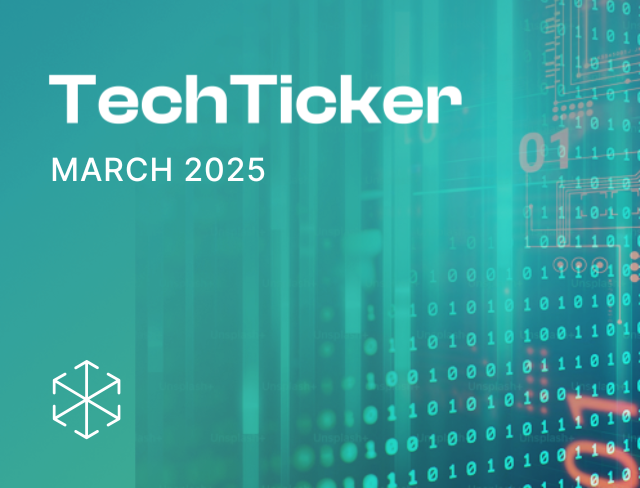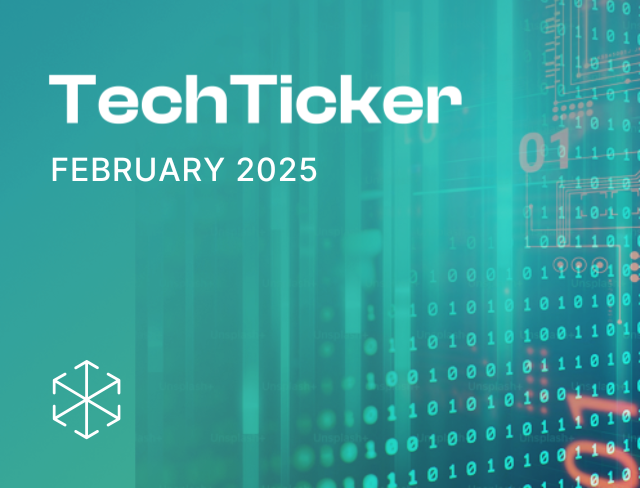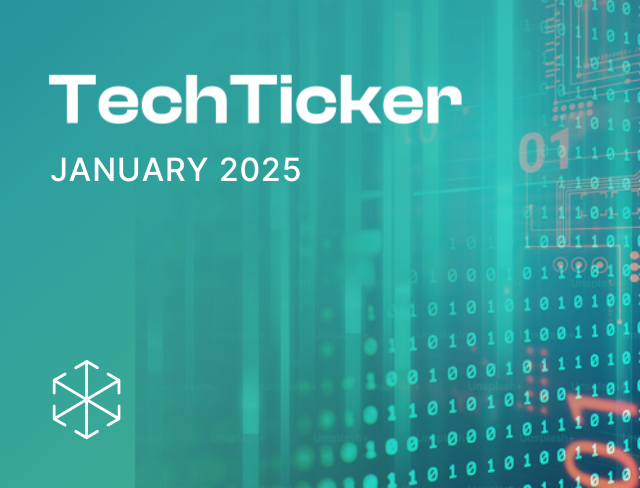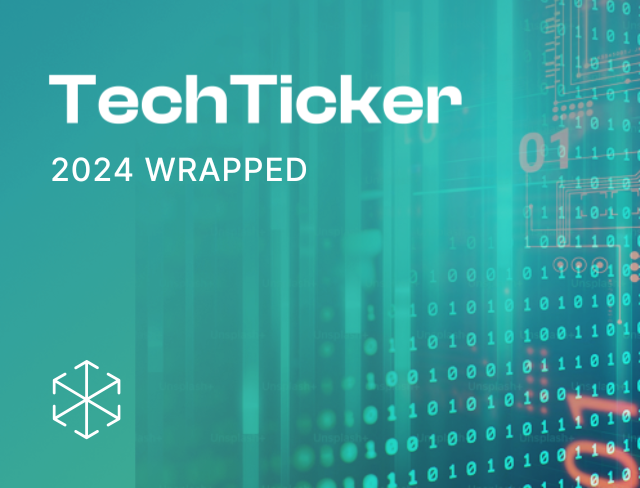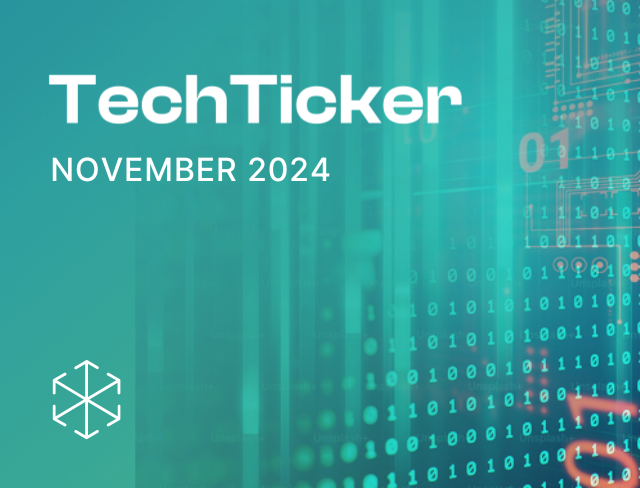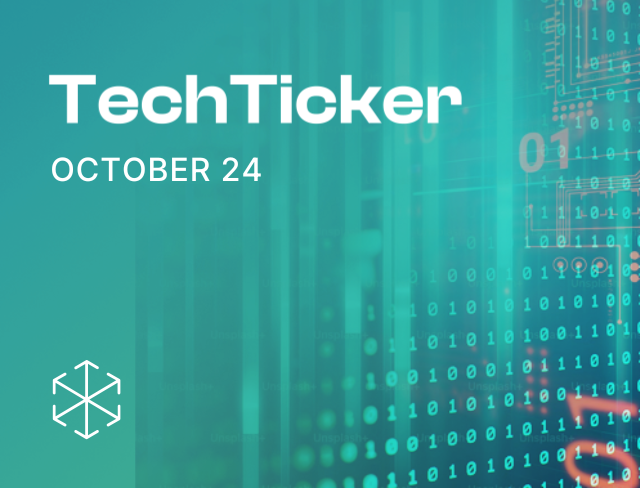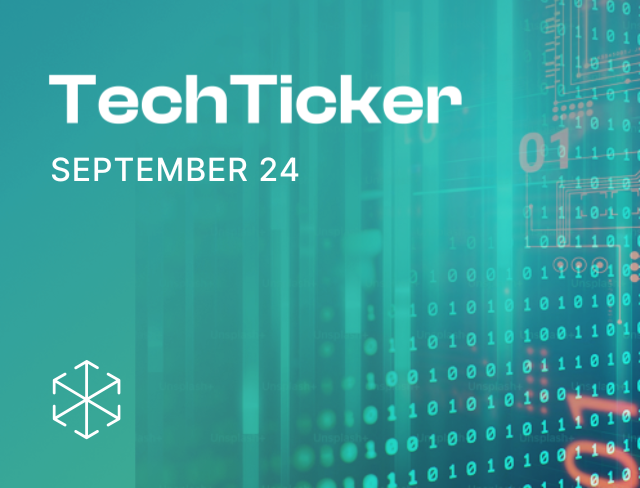Healthtech law roundup
- National Medical Commission (NMC) holds off on code of conduct for doctors: Earlier this month, the NMC released the National Medical Commission Registered Medical Practitioner (Professional Conduct) Regulations, 2023. Among other things, the regulations called for doctors to prescribe generic names of drugs, and not engage on platforms that allow user ratings, or take payments to get patients. Amid backlash from doctors’ associations like Indian Medical Association (IMA) on the generics mandate, the Health Minister, Mansukh Mandaviya met with the IMA and others, to discuss their concerns with the regulations on 21 August 2023. The NMC decided to hold off on the regulations through a notification dated 23 August 2023. The “Indian Medical Council (Professional Conduct, Etiquette and Ethics) Regulations, 2002” will continue to apply till the matter is decided and notified by the NMC.
- Drugs bill may potentially be examined by a committee: The Drugs Medical Devices Bill 2023 is likely to be delayed, with the Health Ministry reportedly constituting a committee to examine the bill. An unnamed official noted that bill did not go for cabinet clearance or introduction in the Monsoon Session of Parliament, because of industry criticism.
- Drugs controller holds consultations on e-pharmacies: In mid-August, the Drugs Controller General of India (who heads India’s drugs regulator, the Central Drug Standards Organisation) held fresh consultation on the government’s 2018 draft e-pharmacy rules. The All India Organization of Chemists and Druggists (AIOCD), Pharmacy Council of India argued against online sale of medicines in the 2-hour meeting, noting that the current Drugs and Cosmetics Act 1940 does not enable online sale. E-pharmacies like Tata 1mg, PharmEasy, Netmed, and Practo were in attendance. The consultation was organised as result of the ongoing Delhi High Court case. Zaheer Ahmed, the petitioner in the case, alleges that online sellers of medicines need licenses for online sale. In the May 2023 hearing, the court had asked the central government to provide information on the consultations and status of the 2018 draft. The central government informed the court on 28 August 2023 that consultations ongoing and requested 6-weeks' time.
Digital health roundup
- G20 health ministers’ meeting: The Prime Minister of India, Shri. Narendra Modi, called for G20 countries to open all innovations for public good so that the global south can enhance healthcare delivery globally. The hon’ble PM also cited examples of digital health tools used for management of pandemics, such as e-sanjeevani (India’s telemedicine platform) and Co-WIN (India’s app for vaccination management). At the India MedtTech Expo, which took place on the side lines of the G20 meeting, the Union Health Minister, Manuskh Mandaviya called for India to take the lead on medical devices’ manufacturing.
- Two countries cite importance of collaboration with India on digital health: Xavier Becerra, the US’ Health and Human Services Secretary and Mark Butler, Australia’s Minister for Health and Aged Care, separately called for the two countries to collaborate with India on the use of digital health for universal healthcare. These comments came on the heels of the G20 health ministers’ meeting in August 2023.
- Union Cabinet approves MoUs with Suriname on regulation of medical products: The MoUs between the Central Drug Standards Control Organisation and the Ministry of Health, Republic of Suriname will facilitate dialogues on regulating products including drugs, medical devices, and biologics. The countries will exchange information on medical products regulation, capacity build in related areas, share inputs on adverse events. The shared understanding of regulatory requirements is geared towards opening exports of medical devices and other products to Suriname.
- Union government rolls out policy and scheme for R&D in pharma-medtech: In August, the Department of Pharmaceuticals released the National Policy on Research & Development and Innovation in the Pharma-Med Tech Sector in India and the Scheme for Promotion of Research and Innovation in Pharma MedTech Sector. The policy acknowledges the need for better linkages between R&D centres (public and private), local sources of raw materials for drugs and medical devices and encouraging local innovation in areas including AI/ML, AR/VR, telemedicine, internet of medical things, robotics, biosimilars. The policy aims to (a) streamline regulatory processes (e.g., with a single technology backed window for obtaining relevant licenses); (b) incentivise public and private investments in R&D (e.g., to enable investment through the research and marketing lifecycle); and (c) create enabling frameworks for cross-sectional research (e.g., setting up an ‘Indian Council of Pharmaceuticals and Med-tech Research and Development’ to encourage inter-departmental coordination for government departments/ institutions on R&D).
The scheme aims to strengthen R&D infrastructure in India and to promote industry-academia linkages for R&D. The scheme identifies 6 priority areas for R&D, one of which is medical devices. Specifically, funding will be provided for R&D in AI/ML based medical devices, medical devices with telemedicine, robotics medical devices for surgery, and medical devices/ screening devices with genetic technology. Primarily- (a) centre of excellences will be set up in 7 National Institute of Pharmaceutical Education and Research for imparting education and conducting R&D; (b) 9 pharmaceutical companies will be selected to partner with government institutes to conduct R&D in the 6 priority areas; (c) 30 projects that have reached pre-set levels of maturity, in the 6 priority areas, will receive financing to expedite market launch; and (d) startups may also access funding for R&D in the 6 priority areas.
Public health roundup
- Digital health effective as preventative tool says union minister: At the ET Health World’s Healthcare Leaders Summit, Jitendra Singh, the Science and Technology Union Minister of State, noted that digital health can help with tackling lifestyle (e.g., diabetes) and infectious diseases (e.g., COVID-19). The minister emphasised public-private-partnerships and leveraging science and technology to reduce disparity in access to healthcare in India. The minister also noted that the recently enacted Anusandhan National Research Foundation Act 2023, will attract investments in R&D.
- WHO-backed initiative launched at G20 health ministers meet for access to digital health: Under India’s presidency of the G20, the Global Initiative for Digital Health (GIDH) was launched to enable universal health coverage. And to improve delivery of healthcare services. GIDH will curate evidence and share developments in health systems use of digital health.
Author credits: This newsletter is brought to you by our health-tech team.
Image credits: Ikigai Designs

